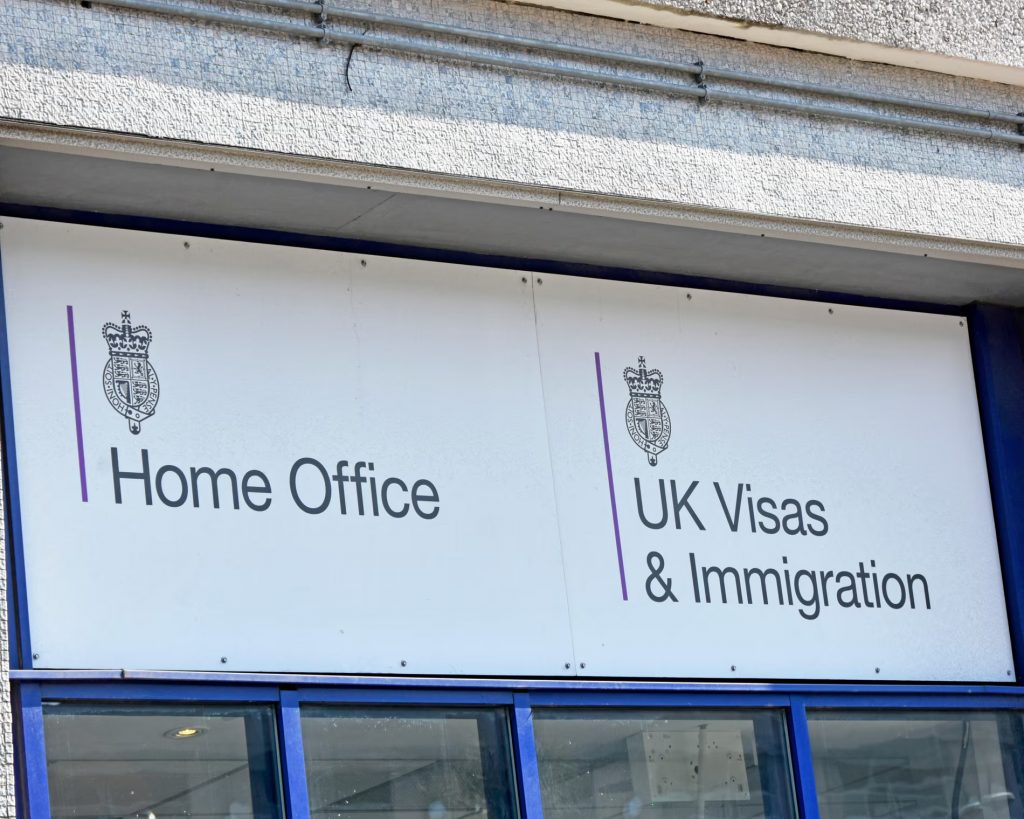The UK has seen a dramatic fall in net migration, with figures released by the Office for National Statistics (ONS) estimating 431,000 more people entered than left the country in the year ending December 2024. This marks a nearly 50% decrease compared to the 860,000 recorded the previous year.
This sharp decline comes amid major policy changes introduced by the previous Conservative government, including higher salary thresholds for work visas and new limits on bringing dependents. These restrictions were later followed by similar pledges from the current Labour government, which promised to cut immigration as part of its election campaign.
According to the ONS, overall immigration dropped to 948,000, down by about a third. Meanwhile, emigration rose to 517,000, an 11% increase. A significant part of the emigration spike was due to former students leaving the UK, especially after delays caused by the pandemic came to an end.
The number of non-EU nationals arriving to work fell by 49%, while student immigration declined by 17%. One of the most notable drops was in the number of dependants coming with international students—an 86% decrease—after tougher rules made it harder for families to join them.
While the figures show that both Labour and Conservative parties can claim some credit, analysts suggest the groundwork for this reduction was laid by the Conservatives. Former home secretaries Suella Braverman and James Cleverly were instrumental in pushing through the tighter visa regulations.
ONS Director of Population Statistics Mary Gregory said the fall was mainly due to fewer arrivals for work and study, especially student dependants, as well as more people leaving the UK.
Despite the fall in net migration, small boat crossings continue to reach record levels, raising questions about how effective the government’s overall immigration strategy is. Critics also warn that limiting visas in sectors like health and care could worsen staff shortages.
People in cities like Coventry expressed mixed feelings about the data. One resident, Daniel Pastusiak, argued that migration is vital to keep services like the NHS running. Meanwhile, others, including migrants themselves, voiced support for more balanced and controlled immigration.
Why did UK net migration drop so sharply in 2024?
The drop was mainly due to tougher visa rules introduced by the previous Conservative government, including restrictions on student and work dependents, as well as a post-pandemic increase in people leaving the UK, especially former international students.
As both Labour and the Conservatives seek credit, today’s figures underscore a growing trend of stricter migration policies in the UK. However, the longer-term impact on the economy, public services, and communities remains to be seen.

